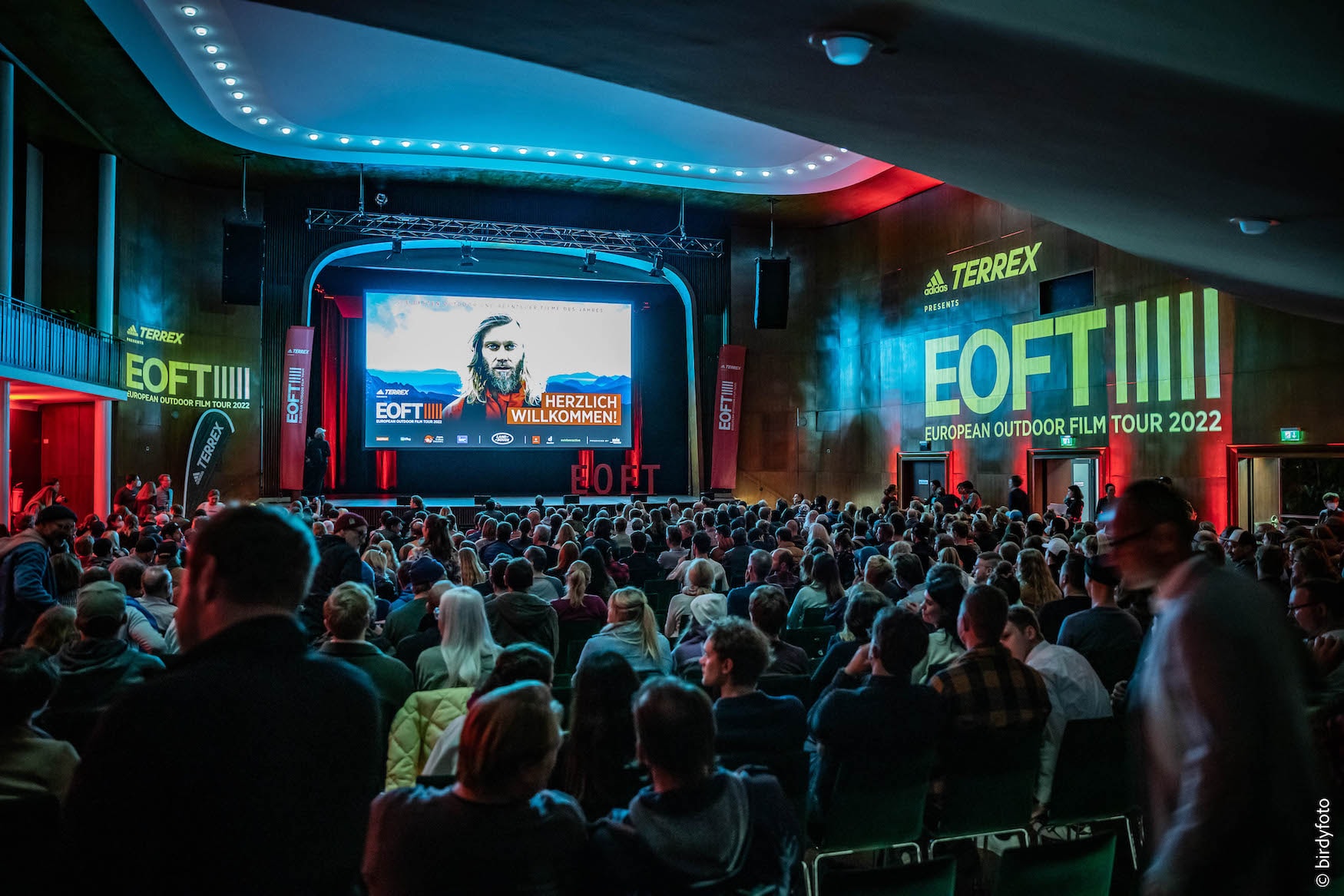S social media have an undeniable impact on the life of children and adolescents because every time they start using them at a younger age, since they have a cell phone or borrow theirs from their parents, and they spend a lot of time uploading content and consulting what other people are doing, or interacting with friends or strangers, which it represents an additional danger and further underlines the need for parents to set boundaries.
New research by scientists of the University of North Carolina at Chapel Hill (United States) examined whether the frequent consultation of social networks such as Facebook, Instagram yes Snapchat is related to changes in functional development of the brain in early adolescence, around 12 years.
The researchers scanned the participants’ brains to get images of MRI functional (fMRI)which allowed them to find that frequent updating and review of social networks can be associated with changes in the the sensitivity of the brain to social rewards and punishments: Online liking and engaging others. Social rewards aren’t limited to social networking sites, as they can also be positive feedback from face-to-face colleagues or even receiving cash. But those Facebook likes are also social rewards.
“Our research shows that controlling social media behaviors could have important and long-lasting consequences for adolescent neural development.”
We know what adolescence is one of the most important periods for brain development: It’s going through more reorganizational changes second only to those we see in early childhood,” said study author Eva Telzer, a professor in the UNC-Chapel Hill department of psychology and neuroscience. “It’s a really extraordinary amount of brain development, particularly in these brain regions that respond to social rewards.”
Children hypersensitive to comments from their peers
This is one of the first long-term studies on the Adolescent neural development and use of technology and their results – which were published in JAMA Pediatrics— show that adolescents’ habitual review of social media is linked to subsequent changes in how their brains respond to the world around them. “The findings suggest that children who grow up checking social media more frequently are becoming hypersensitive to feedback from their peers,” says Eva Telzer.
Researchers evaluated 169 selected students in public middle schools in rural North Carolina over three years. At the start of the study, participants reported how often they checked three popular social media platforms: Facebook, Instagram and Snapchat, and their responses ranged from less than once to more than 20 times a day. Participants underwent annual brain imaging sessions as they completed the social incentive delay task, which measures brain activity by anticipating social feedback from peers.
“While this heightened sensitivity to social feedback can promote compulsive use of social media in the future, it may also reflect potential adaptive behavior that will enable adolescents to navigate an increasingly digital world,” said Maria Maza, a psychology doctoral student and one of the study participants.
Social networks provide a constant and unpredictable stream of social feedback in the form of likes, comments, notifications, and messages. “These social feeds are frequent, inconsistent, and often rewarding, making them particularly powerful reinforcers that can condition users to repeatedly check social media,” said the study’s lead author and psychology doctoral student Kara Fox.
Other studies have shown that 78% of 13-17 year olds say they check their mobile devices at least every hour, and 35% of teens say they use at least one of the top five social media platforms almost constantly. . Study findings suggest that 12- to 13-year-olds repeatedly check social media sites they may be connected to changes in the way their brains develop for a period of three years. The brains of teenagers who checked social networks frequently, more than 15 times a day, have become more sensitive to social feedback.
“Most adolescents begin using technology and social media in one of the most important brain-developing periods in our lives,” said co-author Mitch Prinstein, who is also scientific director of the American Psychological Association. . “Our research demonstrates that controlling social media behaviors could have important and long-lasting consequences for adolescent neural development, which is critical for parents and policymakers to consider when understanding the potential benefits and harms associated with social media use. technology by teenagers.

